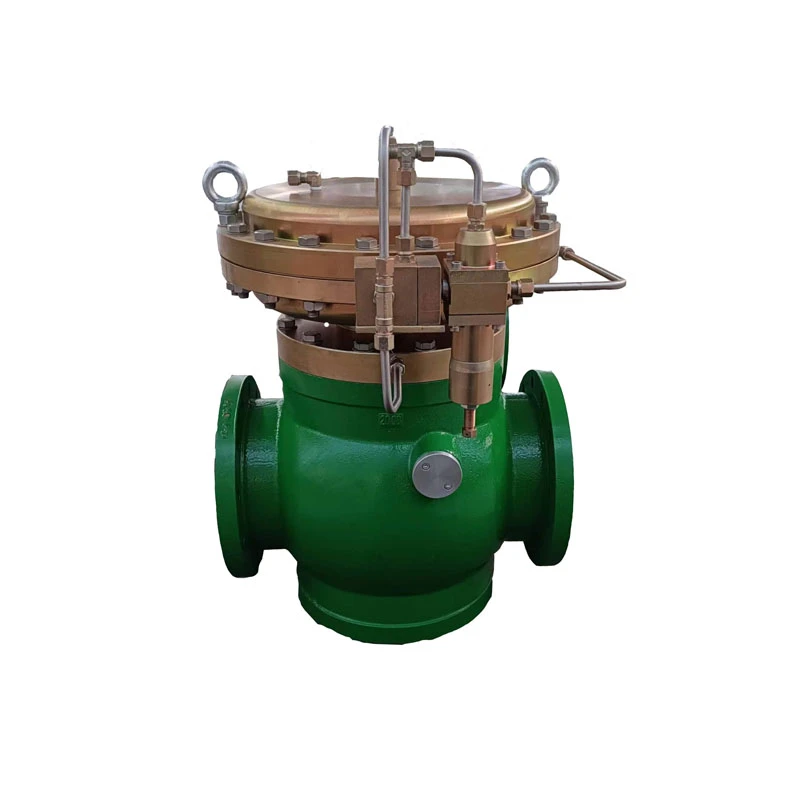
Sep . 11, 2024 11:18
Back to list
Electric Heaters
The Rise of Electric Water Heaters A Sustainable Solution for Modern Homes
In recent years, electric water heaters have become an essential fixture in many households around the globe. With the increasing emphasis on energy efficiency and environmental sustainability, these appliances are not only convenient but also align with the growing trend towards greener living. This article explores the features, benefits, and implications of electric water heaters, particularly in the context of residential usage.
.
One of the primary advantages of electric water heaters is their efficiency. Compared to traditional gas-powered models, electric heaters often boast higher energy conversion rates. This efficiency translates into lower utility bills and a reduced carbon footprint, thus contributing positively to climate change mitigation efforts. Furthermore, advancements in technology have led to the development of smart electric water heaters that can optimize energy use based on consumer habits, scheduling heating times for off-peak hours and integrating with renewable energy sources like solar panels.
السخانات الكهربائية

In addition to energy efficiency, electric water heaters offer ease of installation and maintenance. Unlike gas-powered systems, which demand careful installation due to ventilation requirements and the risk of gas leaks, electric units can be installed in various locations without extensive modifications. This flexibility makes them an attractive choice for renters and homeowners alike. Moreover, ongoing maintenance is generally simpler, needing only periodic checks on the heating elements and anode rods to ensure longevity.
However, it is essential to consider the source of electricity when evaluating the sustainability of electric water heaters. If the electricity comes from fossil fuels, the environmental benefits may be diminished. Therefore, consumers are encouraged to explore options for renewable energy, such as wind or solar power, to truly harness the environmental advantages of electric heating.
The shift towards electric water heaters also reflects broader trends in energy consumption. As governments worldwide implement stricter regulations on carbon emissions and promote the adoption of clean energy technologies, electric water heaters can play a significant role in achieving these objectives. Incentives for using energy-efficient appliances, such as tax breaks or rebates, further encourage consumers to make the switch.
In conclusion, electric water heaters represent a practical and environmentally friendly solution for modern households. Their energy efficiency, ease of installation, and suitability for integration with renewable energy sources position them as a compelling choice amidst growing environmental concerns. As technology progresses and the global energy landscape evolves, electric water heaters are likely to become even more pivotal in promoting sustainable living and reducing our reliance on fossil fuels. Embracing this change not only benefits individual households but also contributes to a healthier planet for future generations.
Latest news
-
Safety Valve Spring-Loaded Design Overpressure ProtectionNewsJul.25,2025
-
Precision Voltage Regulator AC5 Accuracy Grade PerformanceNewsJul.25,2025
-
Natural Gas Pressure Regulating Skid Industrial Pipeline ApplicationsNewsJul.25,2025
-
Natural Gas Filter Stainless Steel Mesh Element DesignNewsJul.25,2025
-
Gas Pressure Regulator Valve Direct-Acting Spring-Loaded DesignNewsJul.25,2025
-
Decompression Equipment Multi-Stage Heat Exchange System DesignNewsJul.25,2025

